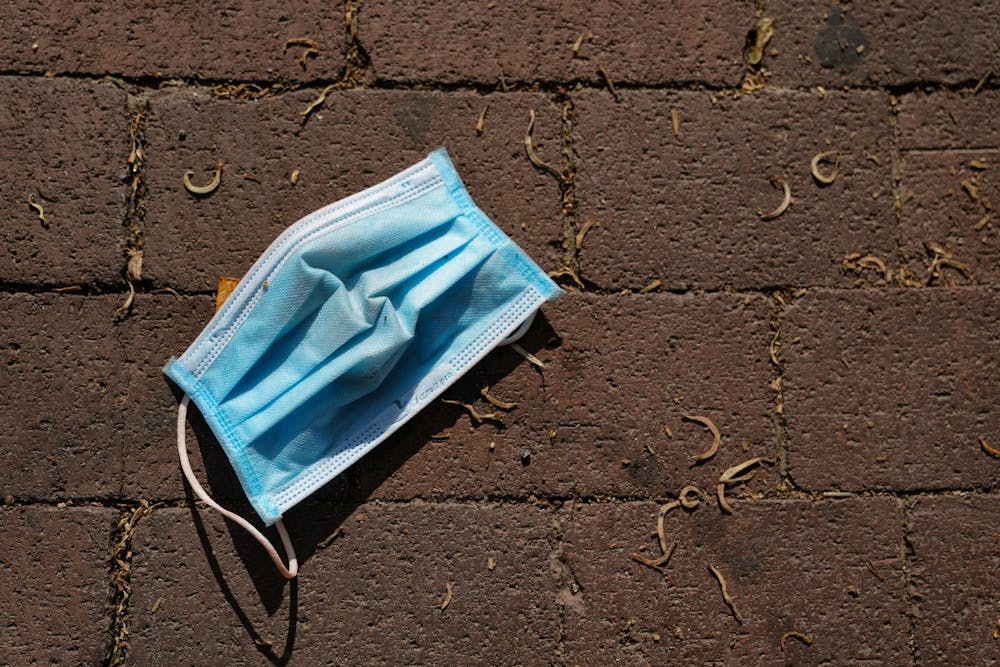
SPAN 092-401: Corona Capitalism will look at health care disparities, labor, criminal justice, and climate change.
Credit: Chase SuttonNext semester, a new class in the Spanish and Latin American and Latino Studies departments will use the coronavirus pandemic as a lens to examine social inequalities in the United States and Latin America.
Ph.D. candidate in Hispanic Studies Veronica Brownstone will teach SPAN 092-401: Corona Capitalism: Crisis and Inequality Across the Americas in fall 2020. The speaking intensive seminar, taught in English, will study foundational critical theory alongside recent media, activism, and policy to analyze the pandemic's impact on poor communities and people of color.
“This is not a medical course, but rather the study of why [the coronavirus] got so bad, not to the point of understanding the virus but to the point of understanding our society and our culture in the context of the U.S. and Latin America,” Brownstone said. “I look to the pandemic as unearthing the inequalities that exist across our society.”
Students will study four overarching topics: health care disparities, labor, criminal justice, and climate change.
Brownstone said her motivation to start SPAN 092 came from her feeling of uncertainty during the beginning of the pandemic.
“There was just so much information being told from all these different social media and news outlets,” Brownstone said. “And then it came to me. The thing is that we have to fight uncertainty. We have to keep pushing for understanding, for meaning, for change."
SPAN 092 will touch on disparities in access to healthcare and wages, unequal distributions of wealth, and poverty in the U.S. and Latin America, and will highlight how the coronavirus pandemic has worsened these issues.
The seminar will promote a theory-heavy approach to the subject material, Brownstone said, requiring students to study politics, environmental studies, and health-related fields, she said. Students will also engage in their studies via “Marxist, feminist, and anti-racist theoretical approaches,” according to the course preview.
The aim of the course, according to the syllabus preview, is to answer the question, "How can we understand COVID-19 not as an exceptional moment in history, but as a crisis of racial capitalism?"
“The idea of racial capitalism is that capitalism will always look for a racial minority, because capitalism is always going to require the exploitation of somebody and have to justify that,” Brownstone said.
The concept of “racial capitalism” was originally coined by Cedric Robinson, a professor at the University of California, Santa Barbara.
Brownstone said the class will help students better understand societies and realize the inequalities generated in light of the coronavirus.
“I think the pandemic is a kind of moment for people to reevaluate how things work in the world. I want students to understand that they can learn and think critically, even if they’re not 100 percent sure,” said Brownstone. “My role is not to persuade people. At the same time, I want to push people to think beyond their previous knowledge.”
The Daily Pennsylvanian is an independent, student-run newspaper. Please consider making a donation to support the coverage that shapes the University. Your generosity ensures a future of strong journalism at Penn.
Donate






